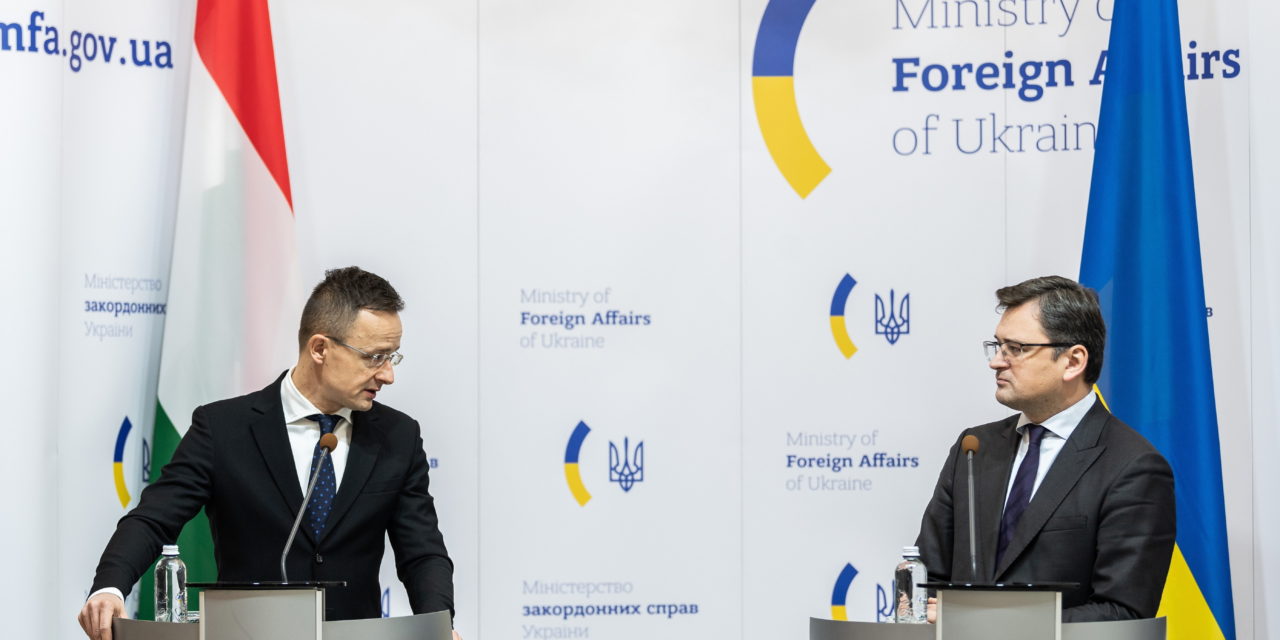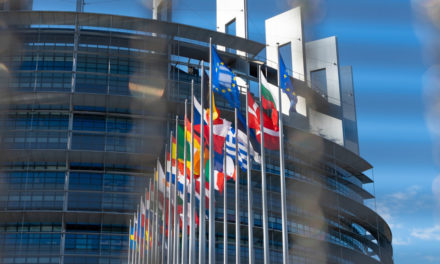Ukraine is sensitively affected by the new Hungarian-Russian gas agreement: the new gas pipelines bypass our eastern neighbor from several directions, strong trump cards and a lot of money fall out of Kiev's hands - but the question is how much Brussels is affected by Kiev's complaint and what exactly Ukraine has to do with the to the content of the Hungarian-Russian agreement.
Another diplomatic row is forming between Budapest and Kiev due to the new gas transport agreement announced on Monday. It is known that, according to the fifteen-year contract signed between MVM CEEnergy and Gazprom Export, Gazprom will deliver natural gas to our country via the recently completed Turkish Stream gas pipeline, Bulgaria and Serbia, and via Austria, leaving out of the supply system the Testvériség natural gas pipeline, which in Ukraine reaches our country through
The Minister of Foreign Affairs of Ukraine, Dmitro Kuleba, reacted to the conclusion of the Hungarian-Russian contract on Tuesday by saying that Hungary "dealt a blow to Ukrainian-Hungarian relations". Kuleba also announced that Kyiv will not leave Budapest's move unanswered and will respond "appropriately" because "there can be no regrets and no agreement here." According to the Ukrainian foreign minister, our country has violated the spirit of the Hungarian-Ukrainian basic agreement by concluding such an agreement with Gazprom, and announced that it will complain to Hungary at the European Commission. And it has already been decided that the next meeting of the joint parliamentary committee between the two countries will be postponed.
In response, Hungary invited the ambassador of Ukraine to the Ministry of Foreign Affairs and Trade. Péter Szijjártó published a post on Facebook in which he stated that "the Ukrainians have nothing to do with what we agree with whom" and that Ukraine is violating our national interests when it wants to obstruct our safe gas supply.
The foreign minister also added that Kyiv could really behave more gratefully, because Hungary recently donated ventilators to Ukraine, for example.
This is another blow to the Hungarian-Ukrainian relations, which have been quite strained for a few years now. Since then, the relationship between the two countries has been so unfriendly that the Ukrainian parliament, the Kyiv Rada, adopted a language law a few years ago in response to the conflict in the eastern part of Ukraine, which has a very adverse effect on the minorities living in the country.
Although the law was created primarily against Russians living in Ukraine, it also extremely adversely affects Hungarians living in Transcarpathia. Since then, the Hungarians there have been regularly harassed by Ukrainian nationalists. The Ministry of Foreign Affairs in Budapest has repeatedly called on the Ukrainian government to withdraw the language law, which Kyiv has not done since. Since then, Hungary has consistently stopped Ukraine's western integration efforts, including cooperation with NATO and the European Union.
For a long time, Gazprom has been looking for the opportunity to deliver natural gas to its European partners by bypassing the Ukrainians. Today, this search is essentially over, as the Turkish Stream gas pipeline already operates under the Black Sea, which can supply Hungary with natural gas through Serbia, in addition to the countries of the Eastern Balkans - after connecting the pipeline network of the two countries.
Ukrainian Foreign Minister Dmitro Koleba is therefore running after his money: with the fact that natural gas now comes to Hungary via the Turkish Stream and Austria, Budapest has extracted a large bundle of money from Kiev's pocket, which hardly anyone will return. For Ukraine, which is in pretty bad shape economically, every lost gas delivery order is a serious blow - and thanks to the Turkish Stream, it first "lost" Romania and the Eastern Balkan countries, and now it also "lost" our country. The question is how much this will affect the European Commission.
Source and full article: mandiner.hu
Featured image: MTI/KKM/Mátyás Borsos












